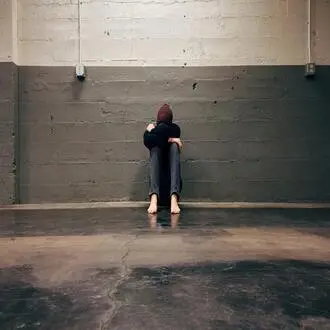Transcription Promoting recovery and personal energy
Preventing burnout involves not only managing chronic stress, but also actively encouraging recovery and recharging of personal energy.
This requires a proactive focus on self-care and creating a lifestyle that balances demands with restoration needs.
Recognizing the Need for Rest and Disconnection
A critical step is recognizing that rest and disconnection are not luxuries, but essential needs for maintaining long-term well-being.
In a culture that often values constant productivity, it's easy to fall into the trap of working nonstop, neglecting one's own recovery needs.
It's important to learn to identify the early signs of burnout (physical, mental, and emotional) and to take seriously the need for regular breaks, both during the workday and through longer breaks (weekends, holidays).
Active Strategies for Recovery
Recovery is not just about being away from work; it involves engaging in activities that restore energy and promote well-being:
- Hobbies and Pleasurable Activities: Spending time doing enjoyable activities that allow you to disconnect from work-related worries or sources of stress.
- Physical Exercise: As we have seen, exercise is a powerful releaser of endorphins and a mood modulator. It helps release accumulated tension and recharge energy.
- Contact with Nature: Spending time in natural environments has a proven restorative effect.
- Relaxation and Mindfulness Practices: Meditation, yoga, or simply moments of mindfulness can help calm the nervous system and recharge mental energy.
- Quality Sleep: Prioritizing good sleep hygiene is crucial for daily physical and mental recovery.
Setting Healthy Boundaries
Preventing burnout also requires setting clear boundaries between work and personal life, as well as in interpersonal relationships.
This involves learning to say "no" to excessive demands, protecting rest and
promoting personal energy recovery




